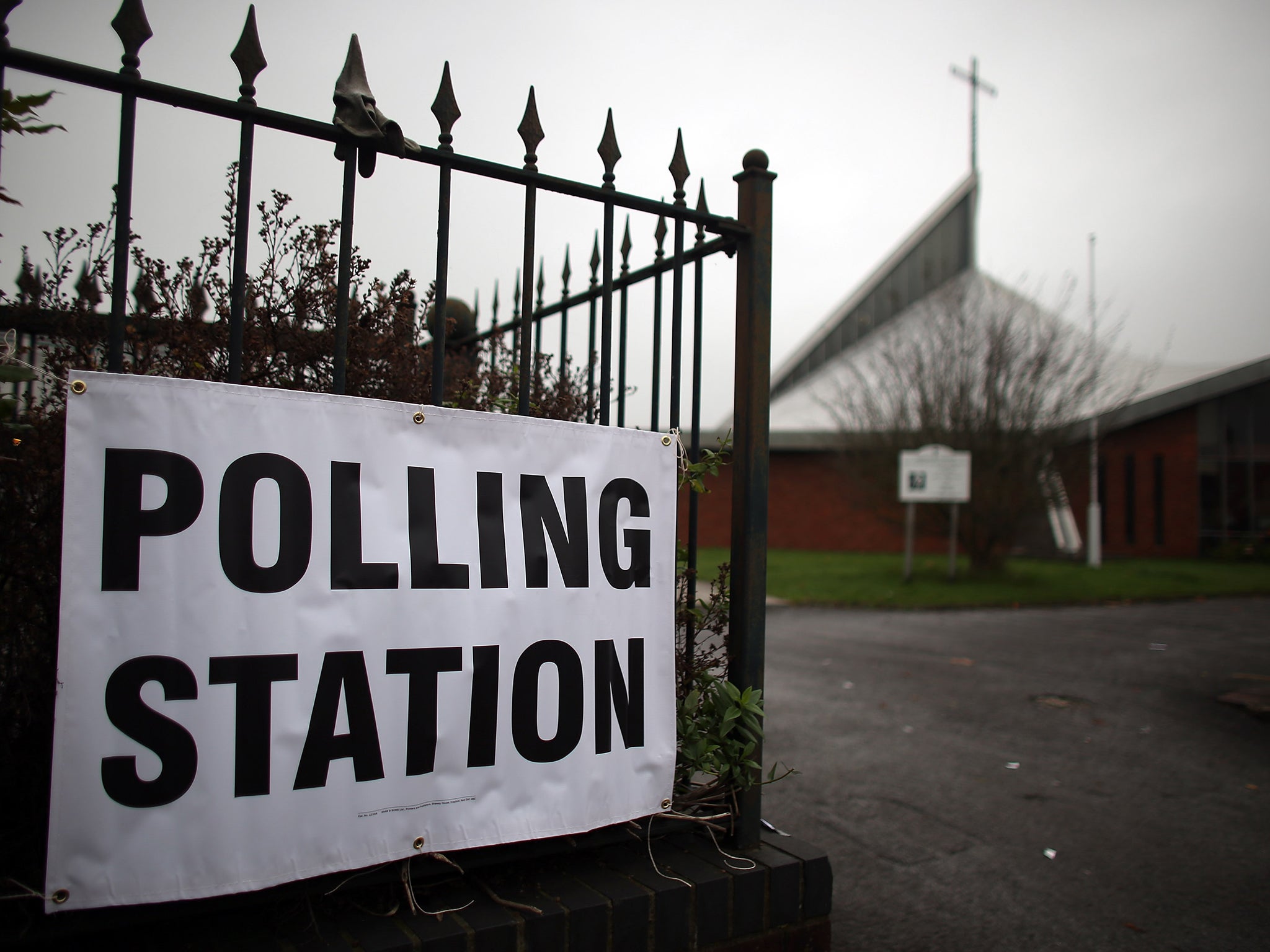'Busy Tories' responsible for incorrect polls – not shy ones, says leading election expert
Study finds pollsters overestimated Labour vote because they were more likely to be at home

Polling companies' failure to predict the result of the General Election was due to "busy" Conservative voters more than "shy" Tories, a study has suggested.
Major polling firms have been embarrassed by consistently awry forecasts of the outcome of several major votes over recent years, including the General Election, the EU referendum and the US presidential elections.
A study by Professor John Curtice, who was the first pollster to predict the Tories’ slim majority in 2015 , found that many pollsters failed to take into account who their samplers were talking to.
In the immediate aftermath of the General Election, which was widely expected to result in another hung parliament, many pollsters blamed “shy Tories” for skewed results – meaning people were embarrassed to admit voting for what is perceived as the “nasty” party.
But Prof Curtice found that rather than being too shy, it was more likely Conservative voters were at work when the samplers either called or rang the doorbell.
In contrast, Labour voters were more likely to answer when they came around – skewing the results.
Prof Curtice said: “The people who the pollers interviewed are not always fully representative. It wasn’t that people were lying, or saying they would vote and then not turning up.
“Conservatives are just simply more difficult to get hold of. There is an availability bias. People who you can get hold of first time round, who say, ‘oh yes come in’ are disproportionately Labour voters. The people you can easily get hold of are not representative.”
Polling firms typically pick addresses at random and select one individual from the household to take part. They then usually make nine attempts to connect the person selected.
These sorts of polls have typically been seen as more reliable than internet polls, which require people to actively choose to participate – which can skewer the result in one side’s favour and means older people are typically under-represented.
Commenting on the referendum campaign, Prof Curtice also said there was a tendency among media commentators to discount poll movements towards Brexit because they themselves tended to favour the Remain side.
He said: “It is fair to say that the majority of people who were reporting and commenting on the campaign were probably in favour of Remain rather than Leave, and there was therefore a clear tendency for people to say, ‘Those internet polls, they must be dodgy, they must be wrong. The phone polls must be right. It is obvious that Remain are going to win’”.
“I think there was an awful lot of, ‘Oh, surely the British public will not be so daft and stupid as to vote to leave. Surely not, it is such a mad idea’.”
But despite the “slight overestimation” of the Remain vote, overall the polls suggested the result was too close to call.
Prof Curtice also said pollsters failed to recognise that the way people voted in the General Election was different to how they voted in the EU referendum.
He said: “There was a very substantial difference by education in people's willingness to vote Leave or Remain.
“This was a referendum which was essentially between the social liberals and the social conservatives in our society, which is rather different division from the one the opinion polls are usually trying to estimate, which is between left and right.
“That is a division which is centred much more around class than around education.”
Additional reporting by PA
Join our commenting forum
Join thought-provoking conversations, follow other Independent readers and see their replies
Comments
Bookmark popover
Removed from bookmarks